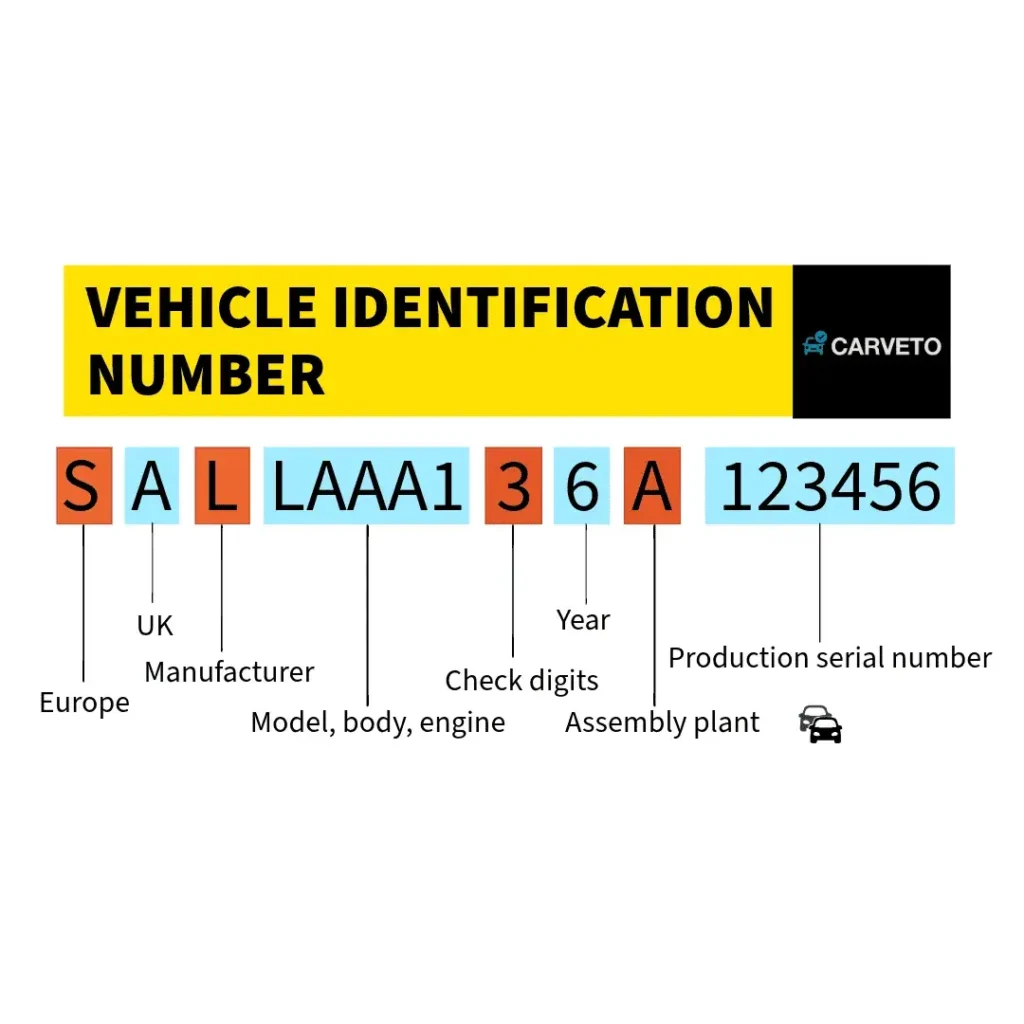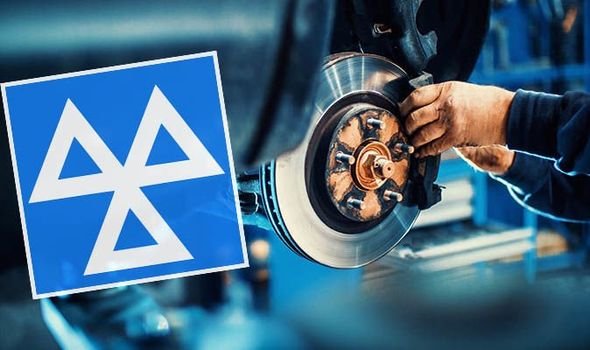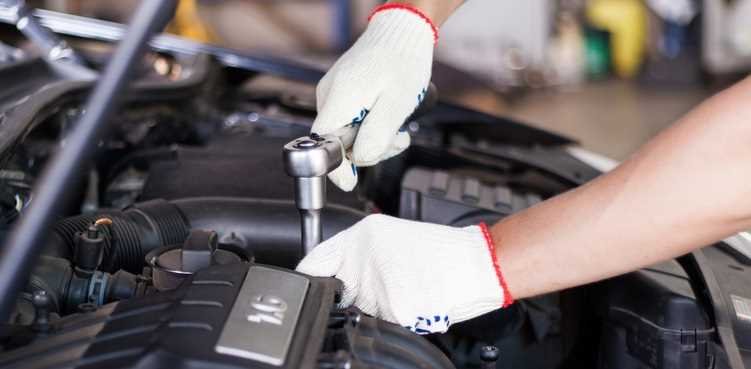When buying a used car, one of the smartest steps you can take is performing a VIN Lookup UK check. The Vehicle Identification Number (VIN) is like your car’s DNA — it tells the complete story of the vehicle, from its manufacture to its MOT history and accident records. In this guide, we’ll show you how to use a VIN lookup to check MOT history, ownership details, and potential red flags before you buy or sell a car.
What Is a VIN and Why It’s Important
Every car has a unique Vehicle Identification Number (VIN), usually a 17-character code that identifies your car’s make, model, and year of manufacture. It’s stamped onto the chassis or visible through the windscreen.
Your VIN number can reveal critical details such as:
-
Vehicle’s manufacturing details
-
MOT test history
-
Mileage records
-
Accident or damage reports
-
Previous ownership details
-
Vehicle recall information
A VIN lookup UK helps verify if a vehicle has been stolen, written off, or illegally cloned — protecting you from scams.
Where to Find Your Vehicle Identification Number (VIN)
Before performing a VIN lookup, you’ll need to locate your car’s VIN. Here’s where you can find it:
-
On the dashboard: Look through the windscreen on the driver’s side.
-
On the vehicle’s registration documents (V5C).
-
On the driver-side door frame or under the bonnet.
-
On insurance or MOT certificates.
Always ensure that the VIN displayed on your vehicle matches the one printed on your V5C registration certificate.
How to Perform a VIN Lookup in the UK
Performing a VIN Lookup UK is simple and can be done online in a few steps:
1. Use the GOV.UK MOT History Checker
Visit the official GOV.UK MOT history website. Enter your vehicle’s registration number, and you’ll get details such as:
-
MOT pass/fail status
-
Mileage history
-
Advisory notes and test location
If you want to cross-check VIN details, the report also shows your car’s VIN, so you can ensure the vehicle identity is genuine.
2. Use a Professional VIN Lookup Service
Several platforms like AutoCheck, CarVertical, and HPI Check allow you to enter the VIN for a detailed report. These include:
-
MOT and service history
-
Recorded accidents or insurance claims
-
Outstanding finance
-
Import/export status
3. Use the DVLA Vehicle Information Checker
You can also visit DVLA Vehicle Information Service to confirm:
-
Make and model
-
Year of manufacture
-
Colour and engine size
-
Tax and MOT expiry dates
These official checks ensure you’re dealing with a genuine vehicle with no hidden problems.
How to Check Car MOT History Using the VIN
Your VIN number is directly linked to your car’s MOT records. By performing a VIN Lookup UK, you can see every MOT test result recorded in the UK’s national database.
Here’s what a typical MOT history check via VIN shows:
-
Date of each MOT test
-
Whether the car passed or failed
-
Recorded mileage at the time of testing
-
Any advisories or dangerous defects
This information is crucial when buying a used car — it tells you how well the car was maintained.
Why You Should Always Check Vehicle History Before Buying
A VIN lookup UK can save you from costly mistakes. Here’s why it’s essential:
1. Avoid Buying Stolen Vehicles
If the VIN check shows discrepancies between documents and chassis markings, the car might be stolen.
2. Identify Clocked Mileage
Mileage tampering is common in the used car market. A VIN check reveals consistent mileage records from previous MOTs.
3. Spot Accident or Insurance Write-Offs
VIN-based reports include data on whether the car was written off by insurers due to damage.
4. Confirm Ownership and Legal Status
Make sure the vehicle isn’t still under finance or flagged by the police.
Understanding the Details in Your VIN Number
Each section of a VIN provides specific information:
-
1–3 characters: Manufacturer’s identification
-
4–8 characters: Vehicle features (engine, model, body type)
-
9th character: Check digit (for fraud prevention)
-
10th character: Model year
-
11th character: Manufacturing plant
-
12–17 characters: Vehicle’s serial number
Understanding your VIN structure helps confirm that your car details match official records.
What to Do If Your VIN Doesn’t Match Records
If you perform a VIN lookup UK and the number doesn’t match MOT or DVLA records, take immediate action:
-
Contact the DVLA to report discrepancies.
-
Avoid purchasing the car until the issue is resolved.
-
If you already own the car, contact your local police station to verify authenticity.
A mismatched VIN could mean the car is cloned, stolen, or tampered with.
VIN Lookup vs Registration Number Check: What’s the Difference?
While both methods help verify a vehicle, they serve slightly different purposes:
| Check Type | What It Uses | Information Provided |
|---|---|---|
| VIN Lookup UK | 17-character VIN | Detailed vehicle history, recalls, accidents |
| Registration Number Check | License plate | MOT history, tax status, basic vehicle data |
For complete assurance, it’s best to perform both checks before buying or selling a car.
Free VIN Lookup Options in the UK
Some platforms offer free VIN lookup UK tools:
-
GOV.UK MOT History Service – Free MOT and mileage history
-
DVLA Vehicle Check – Basic vehicle details
-
AutoTrader VIN Check – Basic background checks
For deeper reports (like accident or finance history), you may need to pay a small fee via HPI Check or CarVertical.
Benefits of Performing a VIN Lookup UK
Performing a VIN check is not just about curiosity — it provides real safety and financial benefits:
-
Prevents fraud and theft risks
-
Confirms MOT compliance
-
Helps negotiate better prices
-
Ensures accurate insurance quotes
-
Increases buyer confidence
A few minutes of checking could save you thousands of pounds in the long run.
Common Mistakes When Doing a VIN Lookup
Avoid these errors to ensure accurate results:
-
Typing an incorrect VIN (always double-check all 17 characters).
-
Ignoring minor discrepancies in VIN formatting.
-
Using unreliable third-party websites.
-
Forgetting to compare VINs on the vehicle and registration documents.
Always verify using trusted platforms like GOV.UK, DVLA, or HPI Check.
How Dealers and Buyers Use VIN Lookups
Professional car dealers rely on VIN lookups to ensure cars meet UK road safety and MOT standards before resale. Likewise, private buyers can use the same tools to avoid vehicles with accident histories or unpaid finance.
Performing a VIN lookup UK gives transparency and builds trust between buyers and sellers.
Protect Yourself with a VIN Lookup UK
In today’s digital age, car scams and hidden damage reports are common. A VIN lookup UK is one of the most effective ways to stay safe, verify a car’s history, and ensure your vehicle meets all legal MOT and safety standards.
Whether you’re buying, selling, or maintaining a car, always check the VIN — because a safe and transparent vehicle history means a safer journey ahead.



